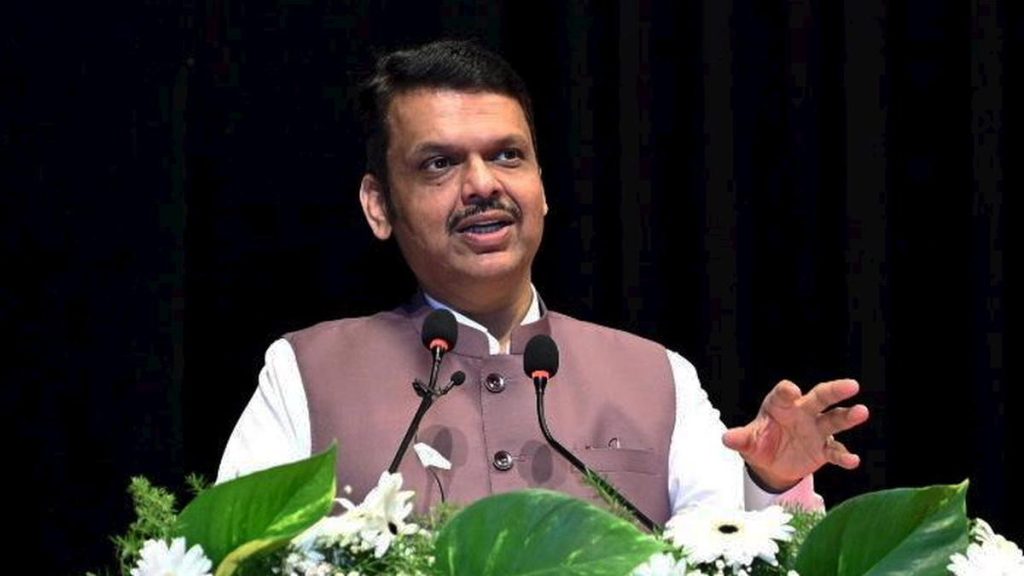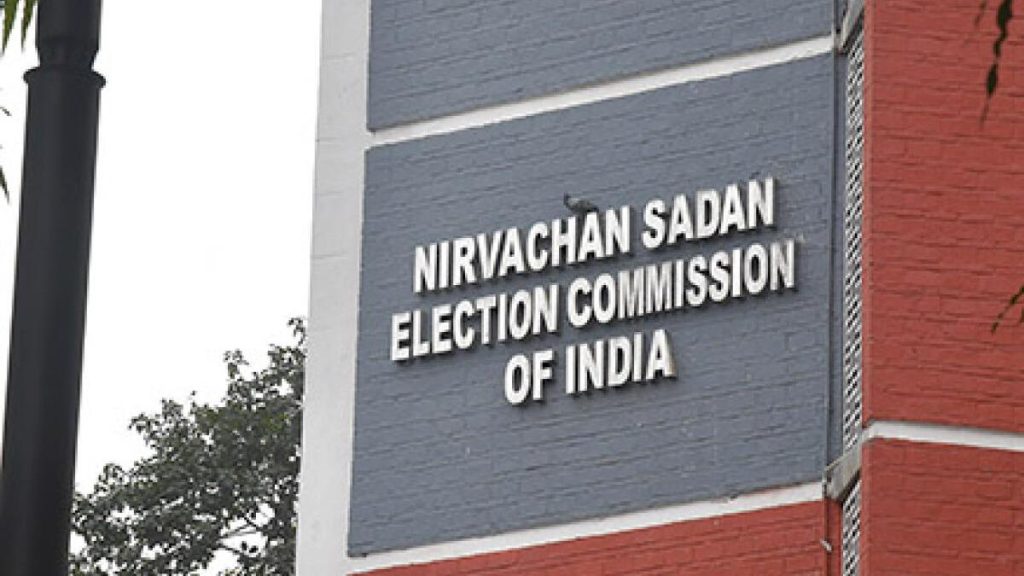Now Reading: C.P. Radhakrishnan: A Southern Voice of the BJP
-
01
C.P. Radhakrishnan: A Southern Voice of the BJP
C.P. Radhakrishnan: A Southern Voice of the BJP

Quick Summary:
- February 14, 1998, Coimbatore experienced a series of bomb blasts orchestrated by Al-Umma, claiming 58 lives.
- The attacks were politically significant, occurring near a BJP rally lead by L.K. Advani before Lok Sabha elections.
- The blasts polarized the region and aided BJP’s rise in Tamil Nadu politics; C.P. Radhakrishnan won the Coimbatore Lok Sabha seat with over 1.4 lakh votes during this period.
- Following his victory, the BJP formed a government under A.B. Vajpayee but lost power as AIADMK leader Jayalalithaa withdrew support after one year.
- Mr. Radhakrishnan was re-elected in 1999 from Coimbatore as part of a DMK alliance under Vajpayee’s leadership.
- Having roots in the Kongu Vellalar community and associations with Hindutva groups like RSS and Hindu munnani, Mr. Radhakrishnan became a prominent BJP leader.
- Over time, political portrayal from Kongu Vellalar leaders increased; Mr. Radhakrishnan is seen as the first major face for BJP from the economically dominant community.
- Currently nominated by BJP for Vice-President post after serving as Governor of Jharkhand and Maharashtra to enhance political influence in Tamil Nadu’s Kongu region.
Indian Opinion Analysis:
C.P. Radhakrishnan’s nomination for Vice-president signals strategic consolidation by BJP in Tamil Nadu’s Kongu belt-an electorally crucial zone dominated by Gounders (kongu Vellalar). His elevation underscores efforts to bridge regional identity politics with national stature while leveraging his communal ties to further expand their base within traditionally AIADMK-affiliated demographics.
The bomb blasts context reveals how moments of tragedy become defining turns for political individuals-the polarizing effects strengthened ideological alignments across communities locally but appear central today fostering national dialogue about ensuring stronger democratic unity across diverse states such like Tamil nadu yet reserved ways!
























